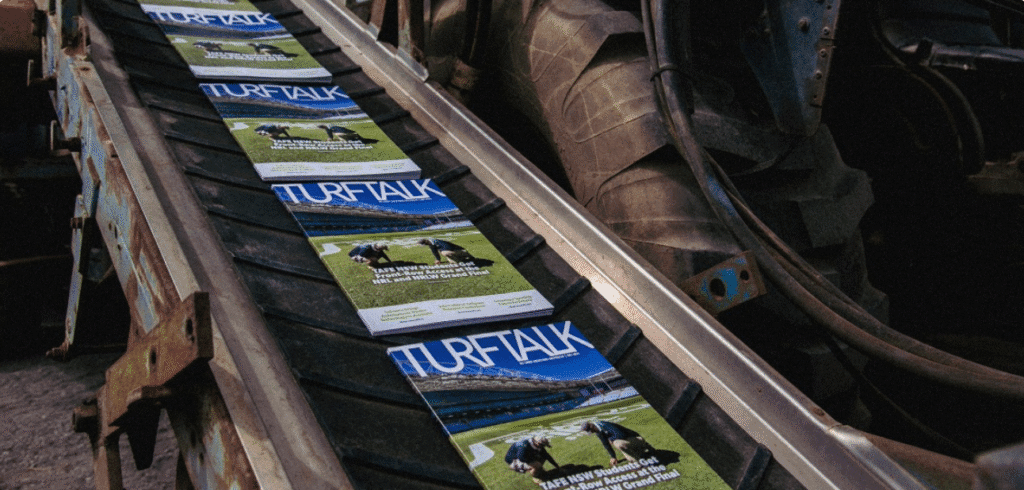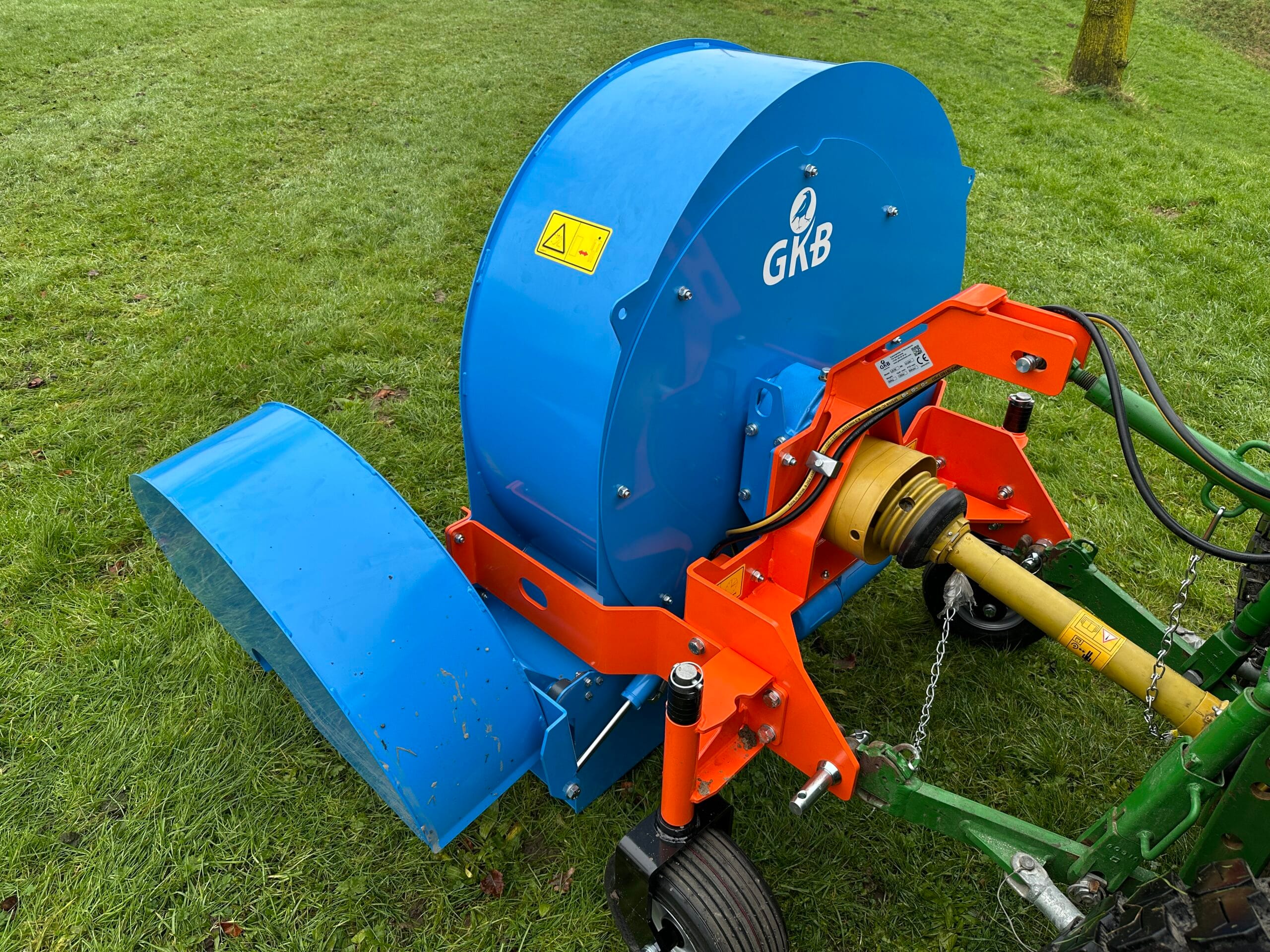It Gets Going Fast—When It Counts Most
Speed matters, especially when you’re working against renovation deadlines or unpredictable weather windows. Turf pros consistently report that Rio establishes quickly and reliably, even in tough summer conditions.
“Germination was a solid 10–14 days, even in July,” recalls Jon Christenson, Director of Agronomy at JC Golf in California. “Once it germinated, it seemed to sit there for about a week, then it just took off. Holes seeded in July were open for play in October.”
John Cabori, Turf Specialist at Heritage PPG in Texas, echoes this: “Rio is slightly slower than others I’ve tested, but once it germinates, it really catches up. Around day 10–14, it starts growing with intensity.”
Big-League Looks in Challenging Climates
Where warm-season grasses often struggle with cold snaps and frost, Rio keeps its edge. Jon manages turf in a region with scorching summers and frosty winters: “In a climate that hits 45°C in the summer and below 0°C in the winter, I couldn’t ask for anything to work any better.”
One of Rio’s most consistent compliments is that it simply doesn’t look or behave like seeded turf.
“Once it grows in, it’s hard to tell it was grown from seed,” says Jon. “I have fairways next to it that were sprigged, and Rio is denser in spots.”
Sandro Luperto, Turfgrass Researcher at IL PRATO in Italy, agrees: “Compared to the seed varieties, Rio is the densest. Compared to the vegetative ones I’ve worked with, it’s more or less at the same level.”






